Seminar

Romani History Seminar
Romani History Seminar convenes online on a bimonthly basis to discuss draft texts on Romani history, such as draft dissertation chapters, draft papers, and draft book chapters. Participants and invited discussants provide collective, constructively critical, and collegial feedback to the authors in a workshop-like 90-minute seminar. Each seminar session aims to support individual authors on their path towards revising and publishing their texts. Contributions from doctoral students and early career scholars are particularly welcome.
Invites and registration links to individual seminars are distributed via the Prague Center for Romani History's newsletter. Please subscribe below.
In the academic year 2025/26, we plan to host five seminar sessions: September 11, November 13, January 15, March 12, and May 14. We will announce any changes to the schedule via our newsletter and on this website.
To submit your draft text or address any questions you have, contact the organizers Marko Pecak (CEU) and Vita Zalar (EUI) at romanihistories@ff.cuni.cz.
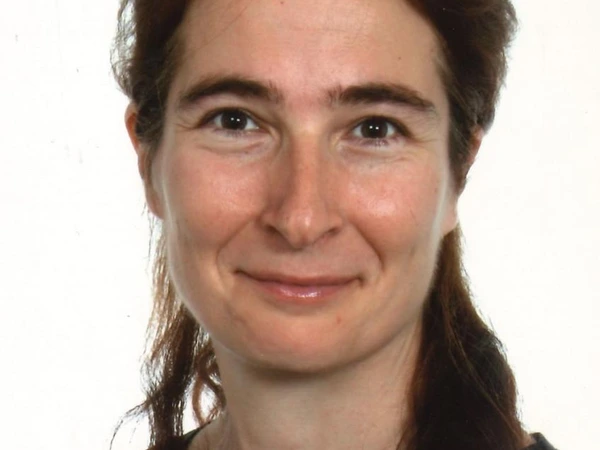
Jan 15, 2026
The paper compares the activist biographies and agendas of the first generation of Romani women activists Elena (Ilona) Lacková (1921-2003) and Mária László (1909-1989) in (state) socialist Czechoslovakia and Hungary between the 1950s and the 1970s.
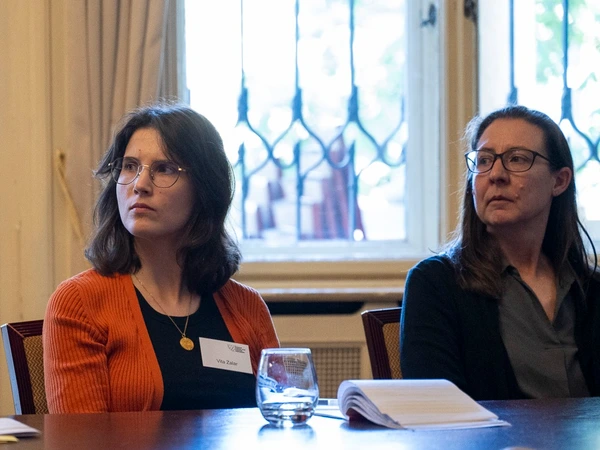
Nov 13, 2025
This text will serve as an introduction to a special issue that emerged from the Prague Forum for Romani Histories 2024 Conference on The Racializations of Romani People in the Long Nineteenth-Century. The five articles in this special...
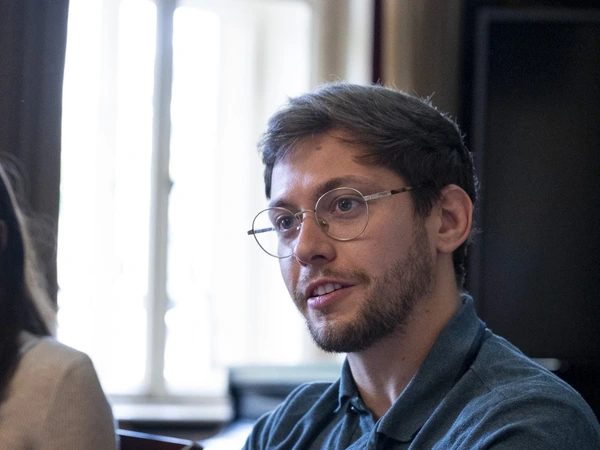
Sep 25, 2025
This article studies anti-Roma racism as a transnational phenomenon from the perspective of locally entrenched social history. Based on the idea that local contexts provide nuances of more complex phenomena, this article studies the Roma of
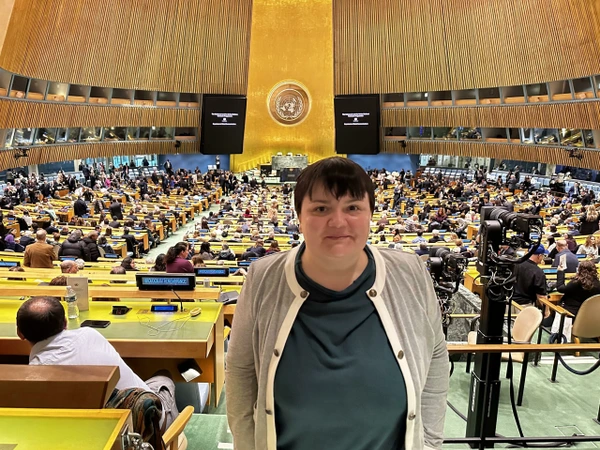
Nov 14, 2024
In 1812, the Russian Empire expanded its territory by annexing the eastern part of the Principality of Moldova, encompassing the area known as Bessarabia, situated between the Prut and Dniester rivers. This annexation not only altered ...
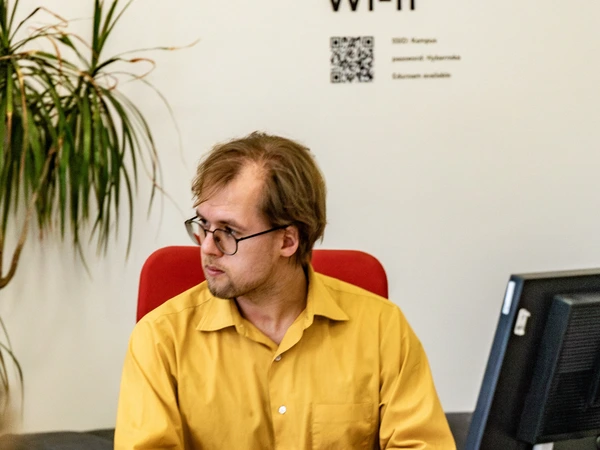
Oct 30, 2024
This text presents a case study focused on the development of workhouses (known as "zemské donucovací pracovny" in Czech and "Zwangsarbeitsanstalten" in German) in the Bohemian lands during the first half of the 20th century.
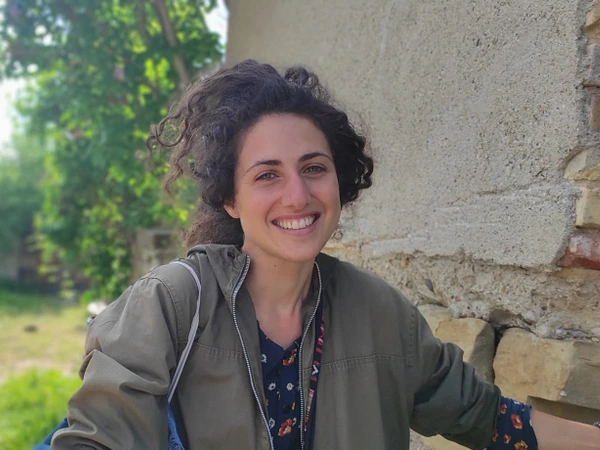
Apr 17, 2024
In this chapter, we will examine the shifting meanings of the terms 'chisto' (lit. pure/clean) and 'narodna' (lit. popular/folk), used today in both expert and popular discourses in Bulgaria to refer to what is supposed to be 'folklore', ...
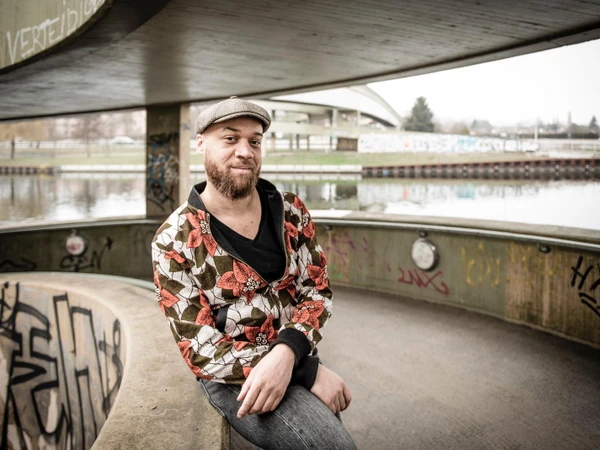
Nov 1, 2023
Ethical-Epistemic Issues in German Migration and the Collection of Racial or Ethnic Data“ Tina Magazzini kindly accepted to be our main discussant.
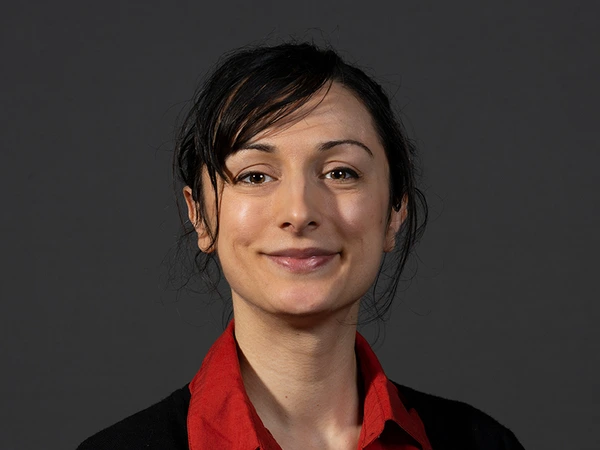
Jun 14, 2023
This article explores nostalgia for jazz guitarist Django Reinhardt (1910-1953) as he lived and worked in Nazi-occupied France. From the 1930s, Reinhardt became Europe's most celebrated jazz musician. Nazi policy officially labelled jazz as ...
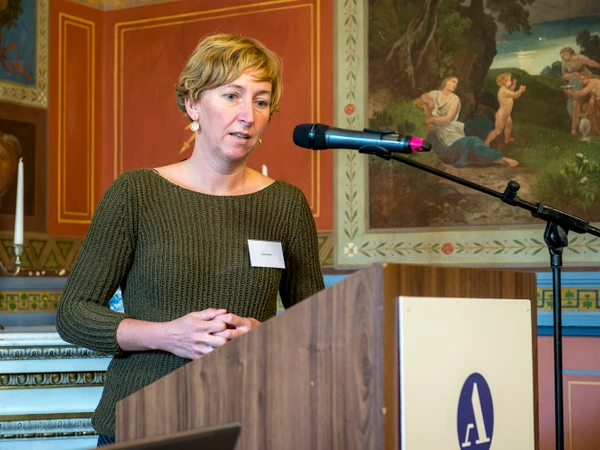
Apr 5, 2023
The text is a draft chapter of a forthcoming book on the social and political engagement of Roma in post-war Czechoslovakia during the first two decades of its existence as a communist state (1948-1969). Based on documents written by socially ...
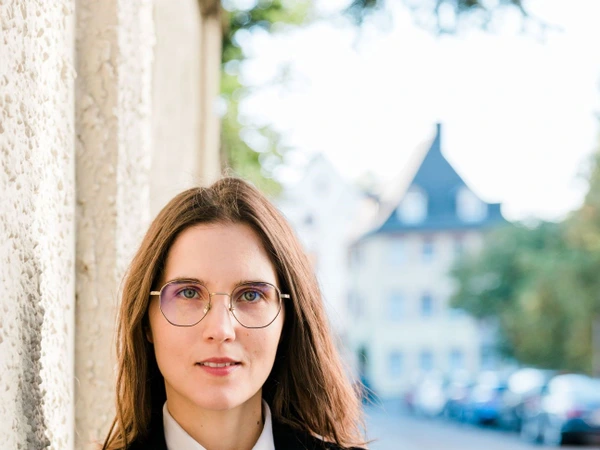
Mar 22, 2023
The chapter is part of Vita Zalar's ongoing dissertation project, The Conceptual History of Gypsiness: Habsburg and Post-Habsburg Perspectives, 1860-1940, which presents a materialist reading of imperial and post-imperial modes of structural ...